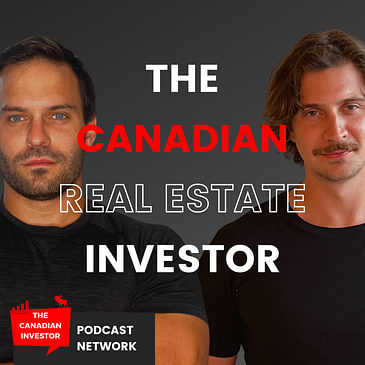We are looking at inventory, thats the number of homes currently listed on the market. We also look at whats happening in the rental market and we touch on something we actually haven't spoken about in a while…rate cuts, or rather, the possibility of when we are going to see the first rate cut, what that means for Canadians and real estate investors
& finally, if you want to leave Canada, you're not alone, over 4 million Canadians have left in the past several years and our current government wants to put a stop to that, but that manner in which they have proposed to do so is getting some serious backlash, But is it even real?
If you have any questions for the show or want to work with Nick and Dan please reach out to them on social media or send an email to tcreipodcast@gmail.com
Sign Up For The Next Webinar Realist
Join the best community in Canadian Real Estate realist.ca
Attend a Meetups Meetups
Get a Pre Approval G & H Mortgage Group
Get Financing with Landbank LandBank
Nick
Instagram.com/mybuddynick
tiktok.com/@mybuddynick
twitter.com/mybuddynick89
Dan
twitter.com/daniel_foch
instagram.com/danielfoch
tiktok.com/@danielfoch
See omnystudio.com/listener for privacy information.

